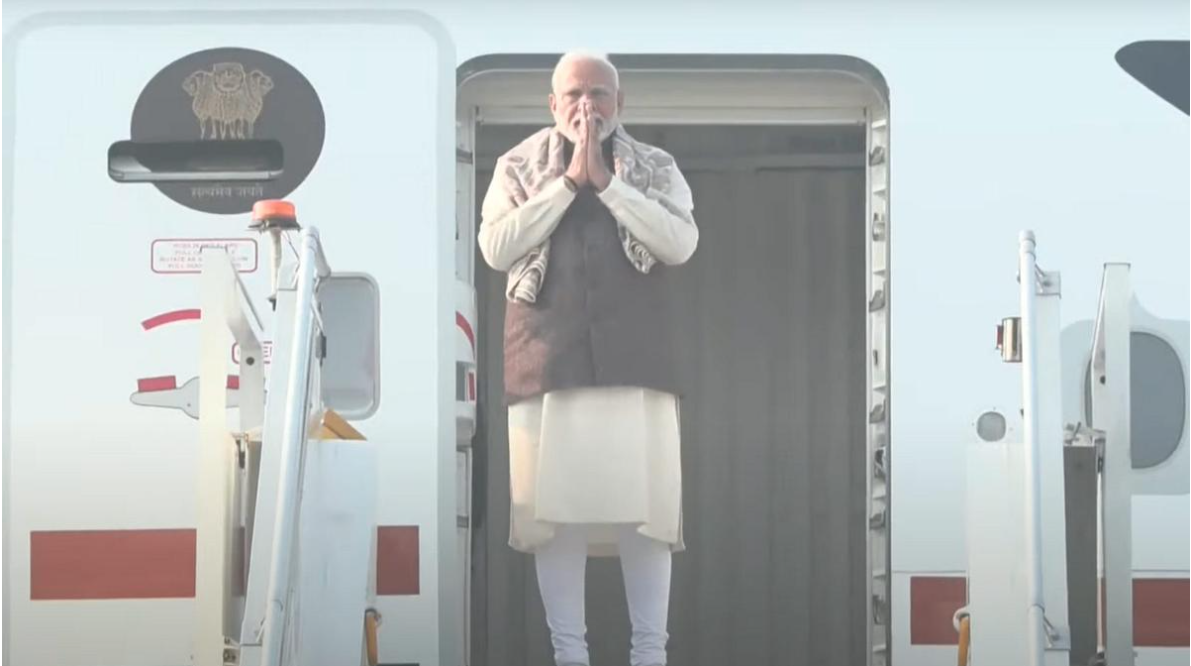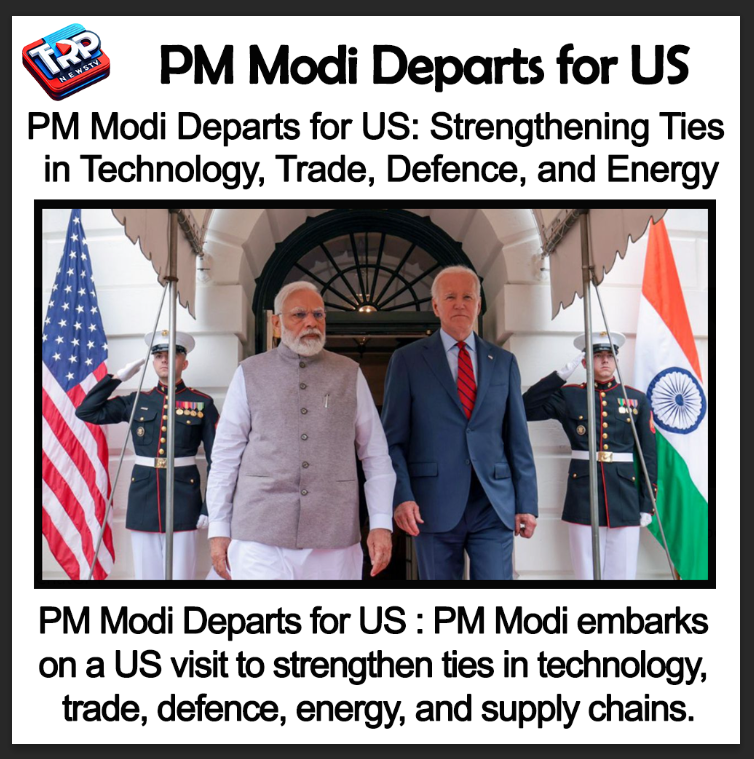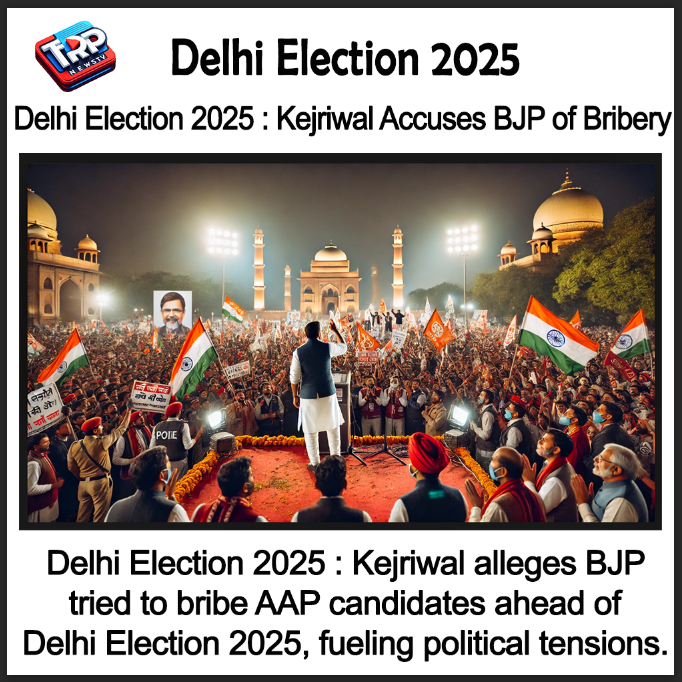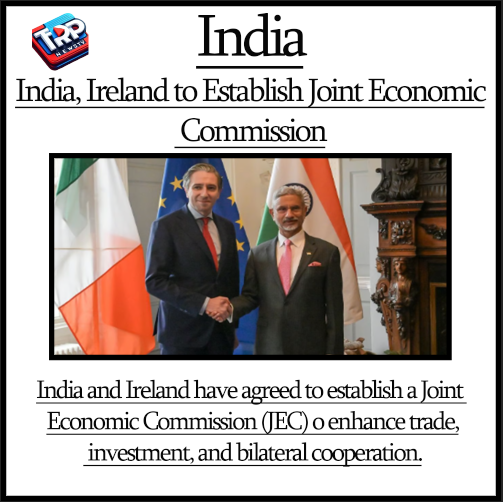
PM Modi Embarks on Two-Day Visit to Kuwait: Strengthening India-Kuwait Relations
Indian Prime Minister Narendra Modi has embarked on a significant two-day visit to Kuwait, marking a pivotal moment in the bilateral relations between the two nations. The visit is expected to focus on expanding cooperation across a range of sectors including trade, energy, defense, and cultural exchange. With strong historical, economic, and diplomatic ties, this visit underscores the deepening strategic relationship between India and Kuwait, a relationship that has evolved significantly over the past several decades.
This visit, which began on [Insert Date], is part of Modi’s broader diplomatic outreach to the Gulf region, a region that has increasingly become a priority for India’s foreign policy. The Gulf nations, particularly Kuwait, hold immense strategic, economic, and geopolitical significance for India, making this visit particularly noteworthy. In this article, we explore the key aspects of PM Modi’s visit to Kuwait and its potential implications for both countries.
Historical and Diplomatic Background
India and Kuwait share a long history of friendly relations, dating back to ancient times when trade and cultural exchanges were central to their interactions. The Indian diaspora in Kuwait, which is one of the largest foreign communities in the country, has also played a vital role in strengthening the relationship. The presence of nearly 800,000 Indians in Kuwait underscores the robust people-to-people ties that bind the two nations. These ties have also influenced the cultural and social fabric of Kuwait, with many Indian workers contributing to the growth and development of the Kuwaiti economy.
In recent years, bilateral ties between India and Kuwait have flourished, particularly in the areas of trade and investment. Kuwait has been a reliable partner for India in terms of energy supply, and in return, India has been an important trading partner for Kuwait, especially in sectors such as pharmaceuticals, engineering, and technology. PM Modi’s visit, therefore, comes at a time when both countries are looking to build on these existing ties and forge new avenues for collaboration.
Strengthening Economic Cooperation
One of the central themes of PM Modi’s visit to Kuwait is expected to be the enhancement of economic ties. Kuwait is a major energy partner for India, with the country being one of the largest suppliers of crude oil to India. Given India’s growing energy needs, particularly in the wake of its rapid economic growth and industrialization, securing stable energy sources is critical for India’s long-term economic security.
During his visit, Modi is likely to engage in discussions with Kuwaiti leadership regarding further cooperation in the energy sector. This may include enhancing the supply of crude oil and natural gas, as well as exploring new avenues for cooperation in renewable energy. India has made significant strides in the solar energy sector, and there may be opportunities to collaborate on green energy initiatives. Furthermore, India is keen on attracting foreign investments, and PM Modi will likely push for greater Kuwaiti investments in sectors like infrastructure, technology, and manufacturing.
Trade relations are another key aspect of the visit. While India is already a significant trading partner for Kuwait, both nations are eager to explore new opportunities for collaboration. This could include increasing exports of Indian products to Kuwait, such as pharmaceuticals, food products, and textiles, as well as enhancing the trade of high-tech goods and services. With both countries looking to diversify their economies, increased cooperation in areas like information technology, healthcare, and education could also be on the agenda.
Regional Security and Geopolitical Cooperation
Another important aspect of PM Modi’s visit to Kuwait is regional security and geopolitical cooperation. The Gulf region is of immense strategic importance to India, as it lies at the crossroads of key international trade routes and is home to numerous oil reserves. Given the evolving security challenges in the Middle East, especially in countries like Syria and Yemen, both India and Kuwait share a common interest in promoting stability and peace in the region.
India’s growing role in regional and global geopolitics, combined with its need for energy security and economic growth, aligns well with Kuwait’s strategic interests. The two countries have already engaged in cooperative efforts related to counterterrorism and regional security, and PM Modi’s visit is expected to strengthen these ties. Discussions on how to collaborate in regional peacekeeping and counterterrorism measures will likely feature prominently during his meetings with the Kuwaiti leadership.
Moreover, PM Modi will also emphasize India’s commitment to multilateralism and cooperation through international organizations such as the United Nations and the Gulf Cooperation Council (GCC). India sees Kuwait as a key partner in promoting regional stability and security, and the two countries are expected to reaffirm their support for one another in addressing global challenges, including terrorism, climate change, and economic inequality.
People-to-People Ties and Cultural Diplomacy
A key dimension of PM Modi’s visit is likely to be the strengthening of people-to-people ties. The Indian diaspora in Kuwait plays a significant role in the country’s social and economic life, and PM Modi’s visit will provide an opportunity to engage with the expatriate community. Modi is expected to address the Indian community in Kuwait, acknowledging their contributions to the development of both India and Kuwait.
In addition to meeting the diaspora, the visit will also feature cultural exchanges that highlight the rich cultural history shared by both nations. India and Kuwait have strong cultural ties, with both nations recognizing the importance of preserving their heritage. It is likely that the visit will include various cultural events that promote mutual understanding and respect between the peoples of India and Kuwait. These initiatives will foster a deeper bond between the two nations, enhancing not only diplomatic relations but also the connections that form the foundation of their longstanding friendship.
Looking Ahead: The Future of India-Kuwait Relations
PM Modi’s visit to Kuwait is expected to lead to the signing of several agreements aimed at enhancing bilateral cooperation. These agreements could cover a broad range of sectors, from trade and energy to defense and cultural exchanges. The visit serves as an important step in deepening India’s ties with the Gulf nations, which have become vital partners in India’s quest for economic growth and regional stability.
The visit will also reinforce India’s foreign policy priority of strengthening relations with the Middle East. Given the region’s geopolitical importance and its role as a major source of energy, India’s ties with countries like Kuwait will only grow in significance in the coming years.
In conclusion, PM Modi’s two-day visit to Kuwait marks a significant milestone in the relationship between the two nations. With economic, security, and cultural cooperation at the forefront, the visit has the potential to further deepen ties and lay the groundwork for a prosperous future for India-Kuwait relations.
for more update : https://www.trpnewstv.com
whatsapp channel : https://whatsapp.com/channel/0029VaV5zLfJP218ePIiZV1B







